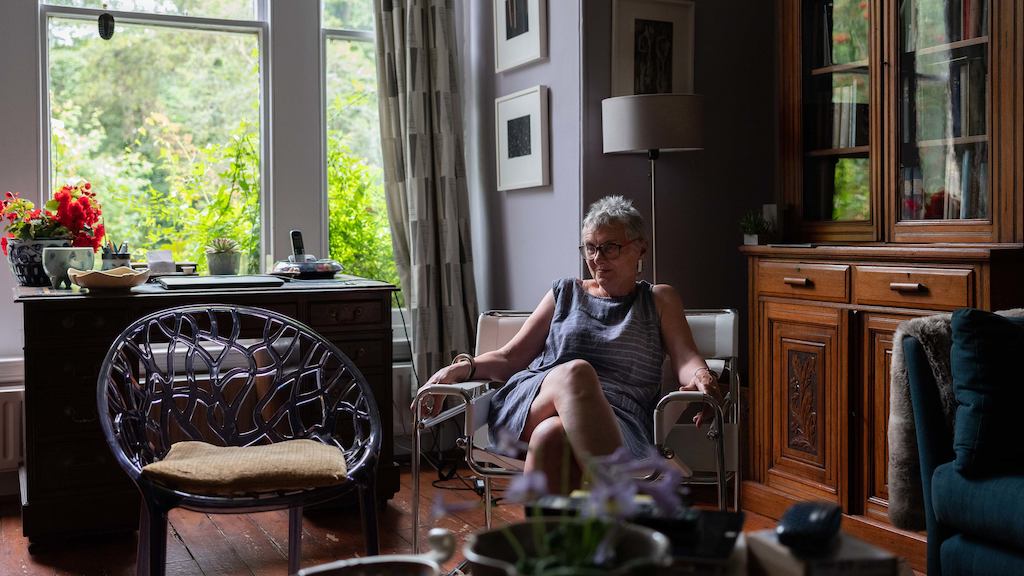This would have reduced levels of poverty for individuals, and reduced poverty levels overall for the country.
Without increasing the levels of affordable housing in this country, there is little hope in tackling poverty rates.
The poor quality of homes lived in by older people is also an important consideration.
While the likelihood of living in a non-decent home is highest in the private rented sector, almost one in five homes owned by someone age 55 or older is non-decent.
And, unlike people in the private or social rental sector, owner occupiers are financially responsible for the upkeep of their homes which is an issue for those in a financially precarious position.
Analysis by the Department for Work and Pensions identified the cost of home maintenance as among a host of “push” and “pull” factors which can tip a person into, or safeguard them from, poverty.
Ageing Better’s Good Home Inquiry identified the lack of local, coordinated support and services as a barrier to people being able to address poor conditions in their homes.
One of the potential solutions identified by the inquiry was the development of a network of Good Home Hubs to help people improve their homes.
Good Home Hubs would offer advice on home repairs and adaptations including where to find trusted tradespeople, identifying what work needs to be done, how to finance repairs and improve energy efficiency.
Without greater support, many older owner-occupiers may find the increasing financial burden of their home as it deteriorates around them.
